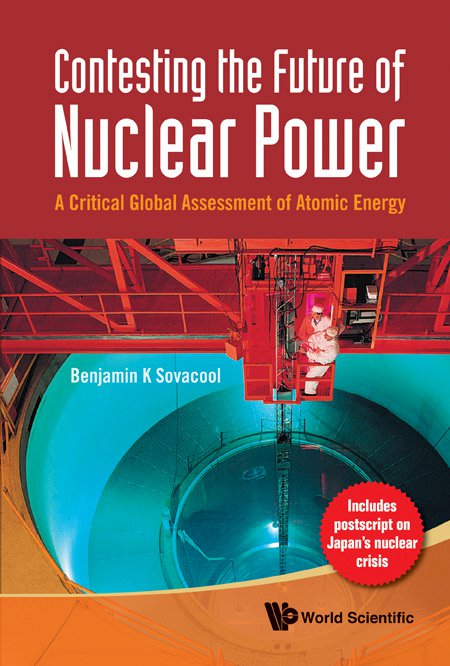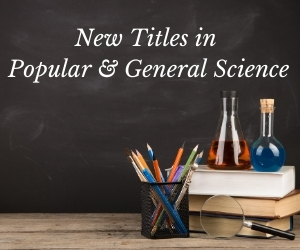System Upgrade on Tue, May 28th, 2024 at 2am (EDT)
Existing users will be able to log into the site and access content. However, E-commerce and registration of new users may not be available for up to 12 hours.For online purchase, please visit us again. Contact us at customercare@wspc.com for any enquiries.
This book provides a concise but rigorous appraisal about the future of nuclear power and the presumed nuclear renaissance. It does so by assessing the technical, economic, environmental, political, and social risks related to all aspects of the nuclear fuel cycle, from uranium mills and mines to nuclear reactors and spent fuel storage facilities. In each case, the book argues that the costs of nuclear power significantly outweigh its benefits. It concludes by calling for investments in renewable energy and energy efficiency as a better path towards an affordable, secure, and socially acceptable future.
The prospect of a global nuclear renaissance could change the way that energy is produced and used the world over. Sovacool takes a hard look at who would benefit — mostly energy companies and manufacturers — and who would suffer — mostly taxpayers, those living near nuclear facilities, and electricity customers. This book is a must-read for anyone even remotely concerned about a sustainable energy future, and also for those with a specific interest in modern nuclear power plants.
Sample Chapter(s)
Chapter 1: Introduction: Exploring the “Faustian Bargain” (326 KB)
Chapter 2: The Nuclear Industry: “Smoking Cigarettes to Keep the Weight Off” (1,130 KB)
Chapter 8: The Self-Limiting Future of Nuclear Power (326 KB)
Contents:
- Introduction: Exploring the “Faustian Bargain”
- The Nuclear Industry: “Smoking Cigarettes to Keep the Weight Off”
- Safety and Reliability: Dealing with “Normal Accidents”
- Unfavorable Economics: “Too Costly to Matter”
- Environmental Damages: “Cutting Butter with a Chainsaw”
- Political and Social Concerns: “Broken Plowshare”
- Energy Efficiency and Renewable Energy: “The Fire Extinguisher”
- The “Self-Limiting” Future of Nuclear Power
- Postscript: The “Hydra-Headed” Fukushima Nuclear Crisis
Readership: Undergraduate and graduate students in energy policy, environmental studies, science and technology studies, economics and other related courses.

























